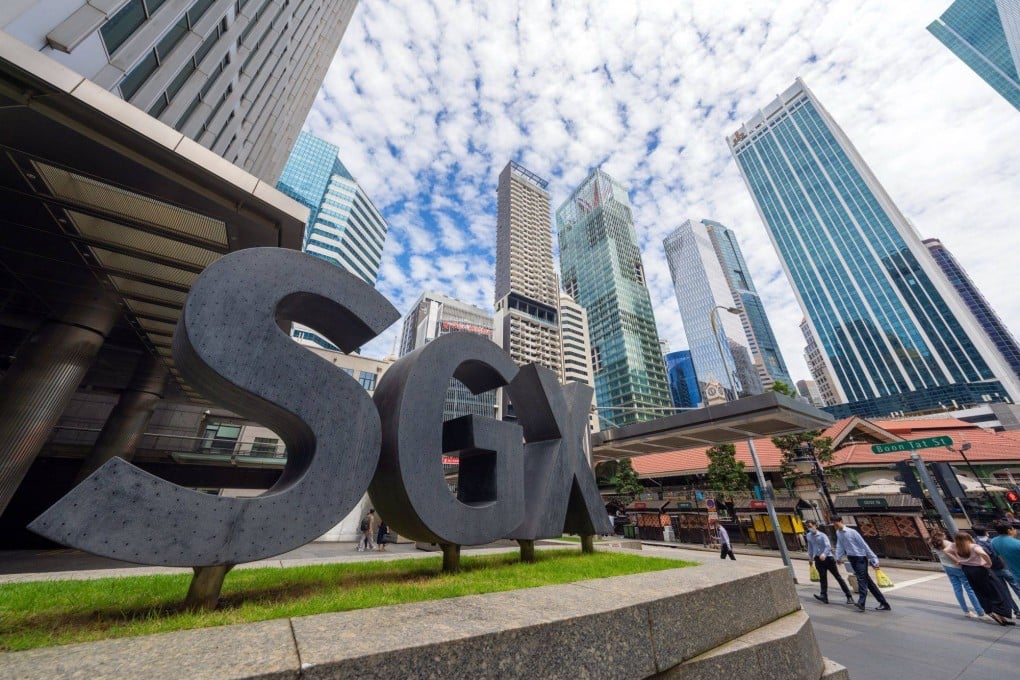Singapore CEOs set for a pay rise as new disclosure rule kicks in
- Singapore Exchange Ltd.’s new rule requires listed companies to disclose compensation for chief executive officers and individual company directors
- The move will mark a sea change for the city state, where a culture of silence on pay and competition concerns mean disclosures are often sparse

Formalised in January, Singapore Exchange Ltd.’s new rule requires listed companies to disclose compensation for chief executive officers and individual company directors, inclusive of base salary and any bonuses or incentive pay, starting with financial years ending on or after December 31, 2024.
Executive pay disclosures are considered good corporate governance, a sign of more transparency and a tool for investors to scrutinise excessive pay packages. Such measures have been standard in the US, EU and Britain for decades.

But research suggests that pay disclosures have done more to increase executive compensation than to suppress it. Companies face pressure to raise pay to retain top employees, with comparisons made not only domestically but internationally, according to experts.
“The result of disclosure has been a ratcheting up in pay – companies copy the pay practices of other companies as they fear being left behind with the least able top executives,” said Alexander Pepper, professor of management practice at the London School of Economics and Political Science. “There is little evidence that disclosure has had this desired effect” of moderating pay, he added.
Among Singapore-listed firms, less than 40 per cent of the 103 companies tracked by Bloomberg disclose pay.
Pepper highlighted the London Stock Exchange, which in 1995 began to require companies to disclose pay. Between 1995 and 2017, CEOs of companies in the FTSE 100 Index saw their pay rise about 10 per cent per year, more than triple the average annual increase in UK national earnings.